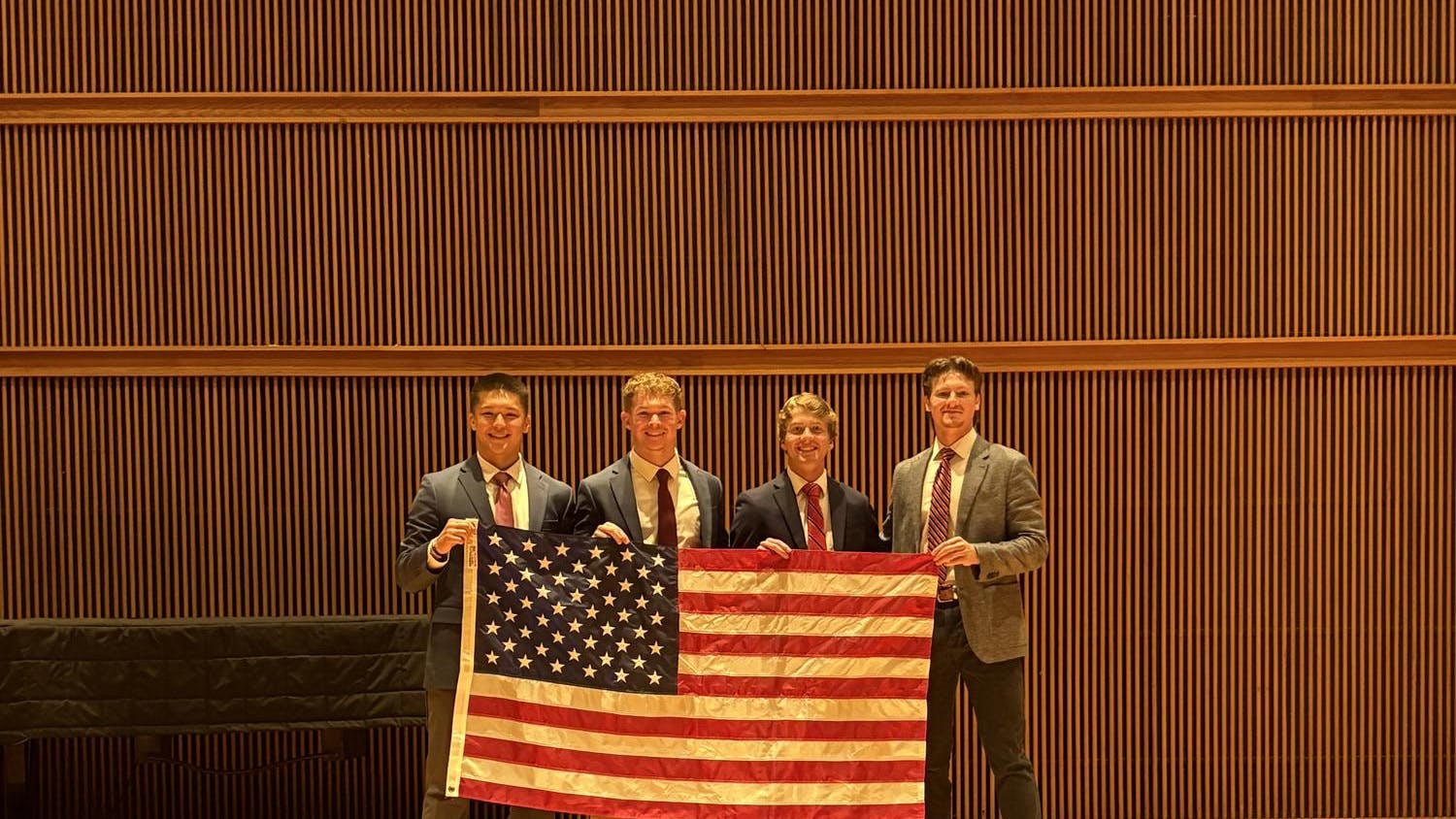Global Need-to-Know highlights relevant pieces of international news. These stories aim to broaden the perspective of the Taylor community as they absorb information from a variety of sources and spaces.
Senegal’s fifth and youngest president promises systemic change.
Bassirou Diomaye Faye, Africa’s youngest president-elect, was sworn into office on April 2.
Faye’s nine-day campaign centered around anti-corruption, stability and economic reforms. His landslide win emphasized the nation’s concern that outgoing President Macky Sall would seek office for a third term.
Sall’s final years in office were marked by economic decline on the tail-end of COVID-19, and the arrests of political opponents — including opposition leader Ousmane Sonko (the nation’s newly-elected prime minister) and Faye.
Following a Facebook post in Feb. 2023 accusing magistrates of corruption, Faye was arrested on the basis of threatening state security. In April, he was sent to prison, where he spent 11 months.
A recent amnesty bill, approved by parliament and passed by former President Sall, pardoned individuals involved in political violence from 2021 to 2024. As a result of this bill, Faye and Sonko were released days before the election.
Though Sonko was the more popular of the two, he was barred from campaigning due to criminal convictions; upon his arrest, he chose Faye as his successor on the campaign trail. Faye, though arrested, was never convicted.
With little time to waste following their release, the “Diomaye Sonko” duo began their campaign — relying on the Senegalese diaspora in Europe and North America for funding.
An article published by Al Jazeera notes that Faye and Sonko’s whirlwind campaign called for “sweeping change” economically — looking primarily to new currency and renegotiated oil and gas contracts.
Faye’s additional promises to prioritize Senegalese sovereignty, coupled with Sonko’s popularity as a political figure, secured 54% of the votes on election day.
As he begins his first term in office, Faye is held accountable to his presidential pledges by a nation eager for tangible change.
“I think the first challenge is the formation of his (Faye’s) government,” Alioune Tine, founder of the Senegalese think tank Afrikajom Center, is quoted as saying in a recent AP article. “This will be the first concrete message he sends to the Senegalese people. The size, diversity and profiles will be analyzed with a fine-tooth comb to see if they meet the demand for a break with the past.”
Gang violence in Haiti causes thousands to flee the capital.
In less than three weeks, violence between armed gangs and the National Police has caused more than 53,000 to flee the Haitian capital of Port-au-Prince.
The country’s gangs launched a campaign toward the end of February against key governmental institutions: attacking police stations, schools, hospitals, the airport and the nation’s two biggest prisons.
Youth have been disproportionately impacted by the violence — used primarily by gangs as messengers, lookouts, sex slaves, cooks and frontline actors.
A U.N. Human Rights Office report listed 1,554 killed and 826 injured as of March 22. The report calls for a multinational security mission that will enable Haitian police to stem the violence.
Gangs have demanded that Prime Minister Ariel Henry, who was not democratically elected to office, step down. Henry recently announced that he would do so once a transitional presidential council has been created.
“The government that I’m running cannot remain insensitive in front of this situation,” Henry said in a statement published by PBS. “There is no sacrifice that is too big for our country. The government I’m running will remove itself immediately after the installation of the council.”
However, Henry’s office recently suggested that a council has yet to be formed because Haiti’s constitution does not allow for such a body to exist.
In the absence of a new ruling council, ongoing gang violence is causing increased internal displacement, along with severe shortages of food and medicine.



